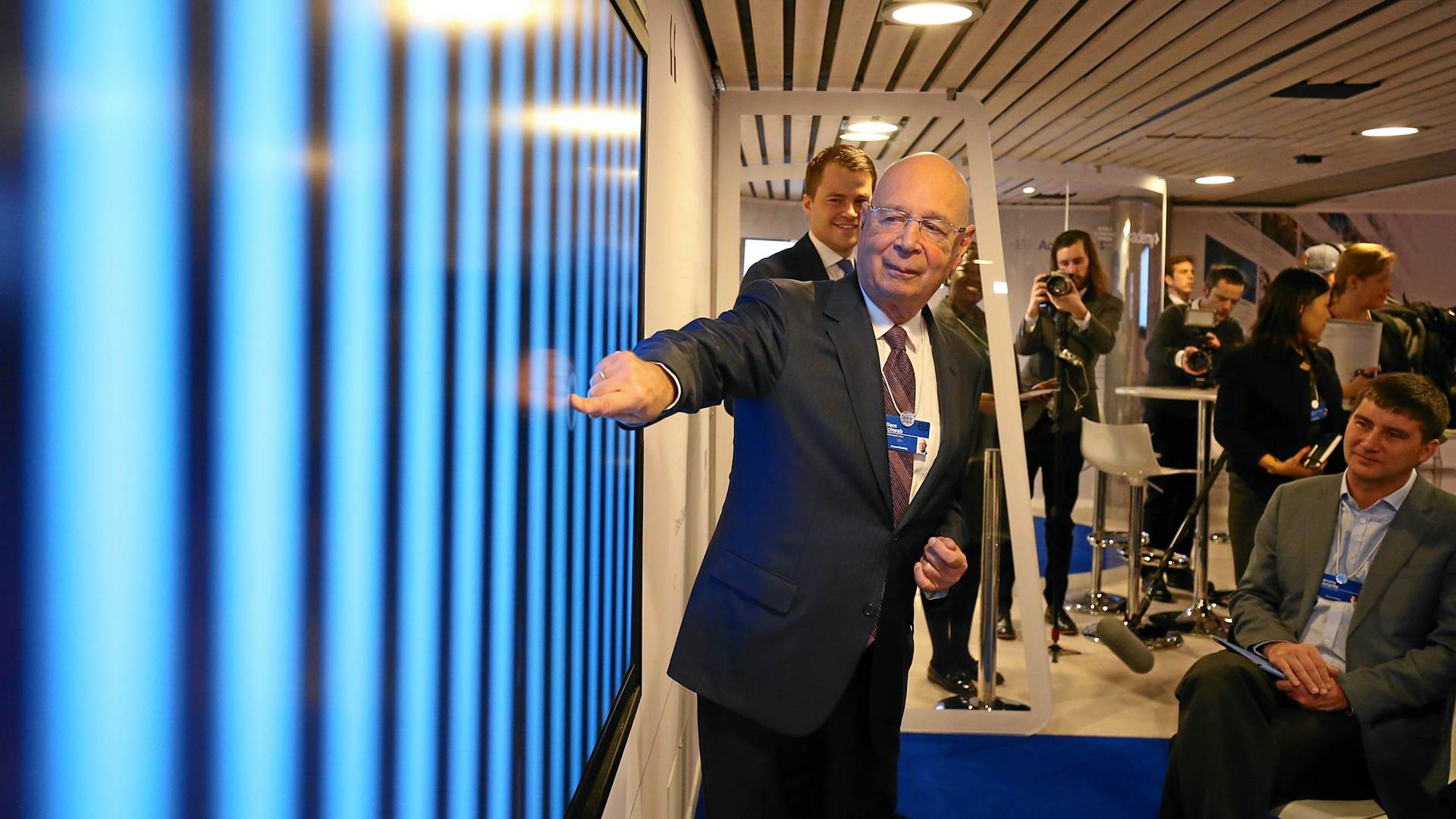Science
The Moon, Jupiter, and a Final Farewell: March Sky Full of Wonders
02 March 2026

What future do economists prepare for us? Instead of private property – a subscription model extended to even the most basic everyday items, instead of privacy – sharing a flat and a car, and instead of buying – renting. And the first swallows of these changes are already visible in our reality.
In 2016, Danish politician Ida Auken published an essay on the World Economic Forum (WEF) website describing a day of life in the city in 2030. Robots and artificial intelligence work, clean energy is free, and any items are unnecessary. She writes:
I have nothing. I don’t have a car. I don’t have a house. I have no tools or clothes. […] Everything we thought was a product became a service.
Instead of owning, just renting. If you want to cook pasta, simply order a pan and a pot with delivery to your home.
In the Auken’s utopia, transport, board and lodging are free. The price is a loss of privacy. She continues her vision:
In my city, we do not pay rent because someone else uses our space when we do not need it. My living room is used as a business meeting place when I am not in it. […] Shopping? I do not remember what it was.
The only concern is constant surveillance – every step, every thought and every dream is recorded. It remains to be hoped that no one will use them for the wrong purpose.
WEF summed up the essay in a short video with unfortunate words:
You will have nothing and you will be happy!
Auken herself changed the title of the essay and added a note at the end, explaining that she did not want to describe her dream utopia, but only to start a discussion on the positive and negative aspects of current technological advances. The milk, however, has already been spilled. The slogan “you will have nothing and you will be happy” – neither a threat nor a promise – has become synonymous with everything that ordinary citizens may fear when economists create their world.

It is difficult to find an organization that embodies reptilian conspiracy theories better than the World Economic Forum. The WEF was founded in 1971 by Klaus Schwab, a German engineer and economist, with a widely understood “changing the world for the better” in mind. He invited hundreds of economists and businessmen. Today, the organization brings together representatives of more than a thousand corporations, has offices around the world, and has 800 employees. Schwab is very discreet in financial matters, but the WEF is estimated to be worth up to a billion dollars.
Members of the organization and guests meet once a year for a weekly conference in the Swiss ski town of Davos. Billionaires, celebrities, scientists, heads of state, religious leaders and even members of royal families fly into the tiny town by private jets. They take part in numerous lectures and debates. Among the speakers appear such diverse figures as George Soros, Donald Trump, Malala Yousafzai and Greta Thunberg. A great number of authority representatives gather in a small place, within an institution that was not democratically elected.
The WEF received particularly unfavorable reviews when the idea of a “big reset” was created during the COVID-19 pandemic. In the spirit of Naomi Klein’s “shock therapy,” the organization then scented the opportunity to change the world for the better instead of returning to the status quo after the crisis. Representatives of the forum explain in their materials that this is no conspiracy. They would like to see as many people involved in the big reset as possible and rely on the trust of the public. However, the initiative comes from the WEF.
We recommend: The Price of Money: Life on Credit
Selected elements of the world that Auken describes can already be observed in our daily lives. When writing this text, I use software that, a dozen or so years ago, I could have bought for my own. Today, I can at most choose the type of license that allows it to be used for a fixed period. Under the license, I have to use the software in a certain way and download updates that are released from time to time. Without them, I could not use it. It is something we don‘t frequently think about, but when we acquire a license, we decide not on a certain product, but on certain “frames“ that might change.
Software, music, books and computer games are no longer products, but services. We use them within the subscription model. When we resign from a physical medium in favor of an ebook or an mp3 file, we do not choose only the format, but also the type of contract we conclude with the seller. We do not buy anything for ourselves, but rather a license to use it, which varies depending on the platform. If the rental company ceases to exist, our products will disappear with it. It is less of a problem when we lose access to a song, but it is bigger when it comes to car or refrigerator software.
A licensing-based business model is a new kind of phenomenon called planned obsolescence. This is an idea from the time of the Industrial Revolution. Thanks to the efficiency of machines, factories were able to produce much more than craftsmen. To guarantee demand for an increased supply of products, they began to be designed to require replacement after a few years of ownership. A license also guarantees a continuous influx of money, because the user can never become the owner.

Growing inequality makes us all tenants. One’s apartment and furniture or a car without credit are less and less achievable dreams. So should we enjoy a vision of a world where owning is not a guarantee of happiness, and a pan and pot can always be ordered through Uber? Leaving aside the obvious threat to the efficiency of the service sphere, we cannot rule out the possibility that governments and corporations that grant us licenses today will revoke them tomorrow. A license is only an intangible “right” and the rights change.
If we cannot own, we cannot place the fruits of our work for future generations or our sense of security. Money does not guarantee stability. Since the state currency has lost its gold backing in state banks, it is no different in idea from Bitcoin. Even the apartment has no value in itself because it is functional only as part of the building. People living in neglected blocks, where most of the premises are intended for investments, know it. Perhaps Scarlett O’Hara was right: Only land has value.
Even in a model that is completely minded toward renting, someone must have items lent to people. A world based on the subscription model is no utopia, but simply a reorganization of the new order and putting all wealth into private hands. The one who truly possesses the power. In the history of the world, we have had long periods of working in the landowner’s field with the landowner’s tools. We had nothing, but were we happy?
We recommend: Freedom at What Cost? Economic Inequality and Prosperity in the Modern World
Rutger Bregman, a Dutch historian who attended the Davos conference, noted with surprise that the most obvious solution to the problem of poverty – preventing billionaires present at the conference from tax evasion – was not touched by anyone.
I feel like I am at a fireman’s conference and nobody’s allowed to talk about water
– he said.
Everything is clear. While the masses are expected to enjoy the view of empty shelves in minimalist rented apartments, billionaires find their luck elsewhere entirely – buying land and real estate.
Translation: Marcin Brański
Polish version: „Nie będziesz miał nic i będziesz szczęśliwy!” – czym grozi lub co obiecuje nam Światowe Forum Ekonomiczne?


Truth & Goodness
01 March 2026

Zmień tryb na ciemny